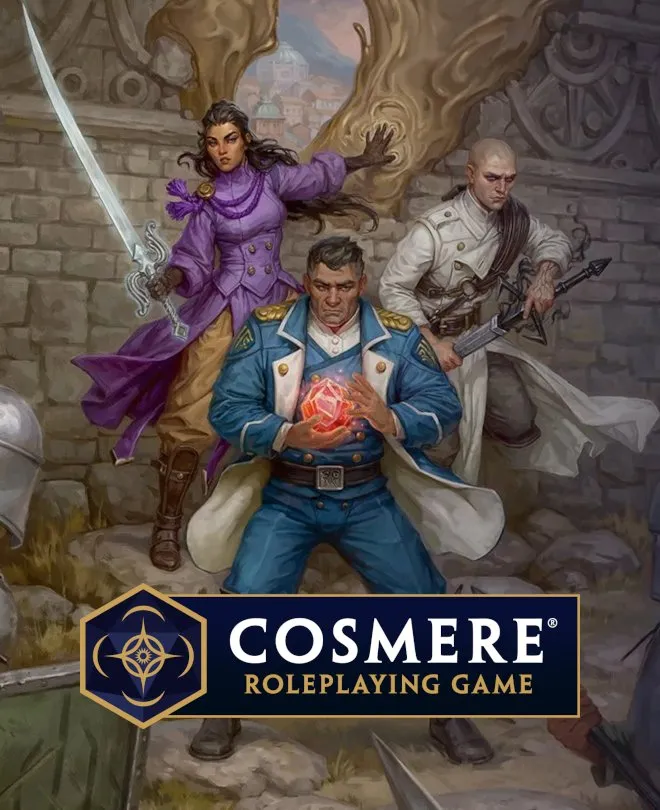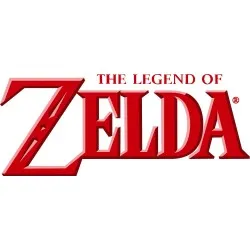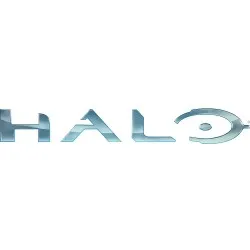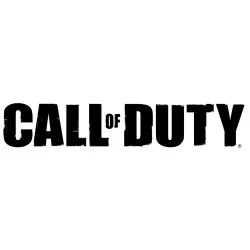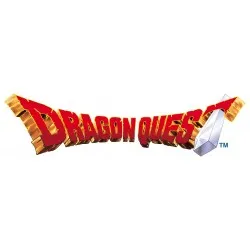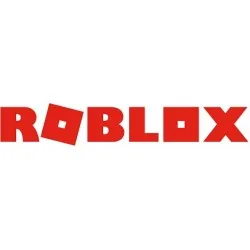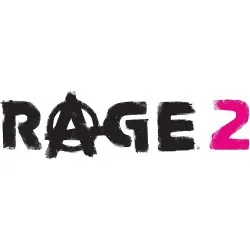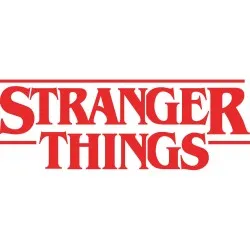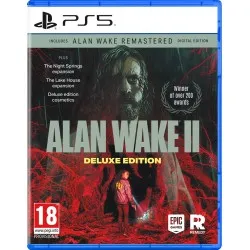The Physical Comeback: Alan Wake II’s Transition from Digital to Physical

In today’s rapidly evolving gaming landscape, the release of a highly anticipated title is often accompanied by a debate: digital or physical? Alan Wake II, the sequel to the cult classic psychological horror game, first saw the light of day on October 27th, 2023, as a digital release. Garnering an impressive 89 on OpenCritic, the game received accolades for its gripping narrative, atmospheric visuals, and innovative gameplay mechanics. Yet, despite its critical success, a significant portion of the gaming community felt a pang of disappointment. Their discontent? The absence of a physical edition.
Fast forward to the present, and their calls have finally been answered. Alan Wake II will be releasing in a Deluxe Edition, complete with physical copies available for PlayStation 5 and Xbox Series X. This shift from digital-only to a physical release raises several intriguing questions about the gaming industry’s trajectory and consumer preferences.
The Initial Digital Release: A Sign of the Times?
When Alan Wake II launched digitally last year, it was in line with a growing trend. Digital releases have become increasingly common, offering immediate access, convenience, and a seamless user experience. For publishers, digital distribution reduces production and logistics costs, allowing for potentially higher profit margins. However, this model isn't without its drawbacks.
For many gamers, physical copies hold a unique charm and value. They are tangible, collectible, and often come with additional memorabilia that enhances the overall experience. The initial digital-only release of Alan Wake II, while successful, left these enthusiasts yearning for a more tangible connection to the game.
The Physical Edition: Meeting Demand or a Strategic Shift?
The introduction of Alan Wake II’s Deluxe Edition in physical form is more than just a response to fan demand. It signifies a recognition of the diverse preferences within the gaming community. But does this move indicate that the digital release didn’t perform as well as expected?
Not necessarily. The digital release of Alan Wake II performed admirably, with strong sales and positive reception. The subsequent physical release can be seen as a strategic expansion, catering to a broader audience. It acknowledges that while digital is convenient, the allure of physical media remains potent for many gamers. This dual approach allows publishers to maximise reach and satisfy different segments of their audience.
Is Digital the Future?
The debate over digital versus physical media in gaming is far from settled. Digital platforms offer numerous advantages, including instant access, ease of updates, and reduced environmental impact due to less physical production. However, the enduring demand for physical copies, as evidenced by Alan Wake II’s Deluxe Edition release, highlights that digital is not the sole future.
Physical media offers benefits that digital cannot replicate. The tactile satisfaction of owning a physical game, the joy of unboxing, and the ability to display a collection are significant factors for many players. Additionally, physical copies provide a sense of ownership that digital often lacks, where licenses can be revoked, and access can be contingent on platform policies.
A Thought-Provoking Future
As the gaming industry continues to evolve, the coexistence of digital and physical media seems to be the way forward. Publishers and developers must navigate these preferences carefully, balancing the cost-efficiency and convenience of digital with the tangible value and satisfaction of physical media.
Alan Wake II’s journey from a digital release to a physical Deluxe Edition is a testament to the nuanced dynamics of the gaming market. It underscores the importance of listening to the community and adapting strategies to meet diverse needs. For gamers, it’s a reminder that their voices matter and can shape the future of game distribution.
In conclusion, while digital might be heralded as the future, the physical allure isn’t fading anytime soon. The gaming industry’s ability to cater to both preferences will be crucial in defining its success in the years to come. Alan Wake II’s story is a reflection of this balance, proving that sometimes, the best path forward is to embrace both the new and the traditional.










